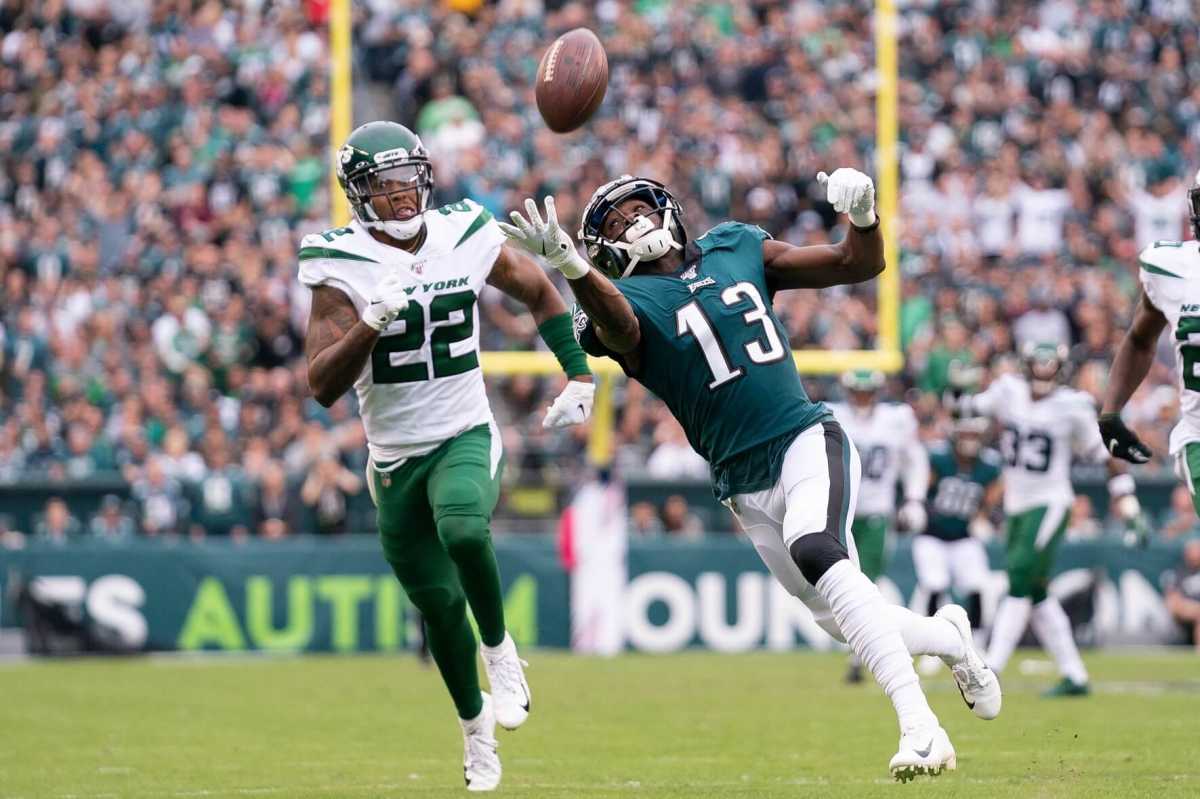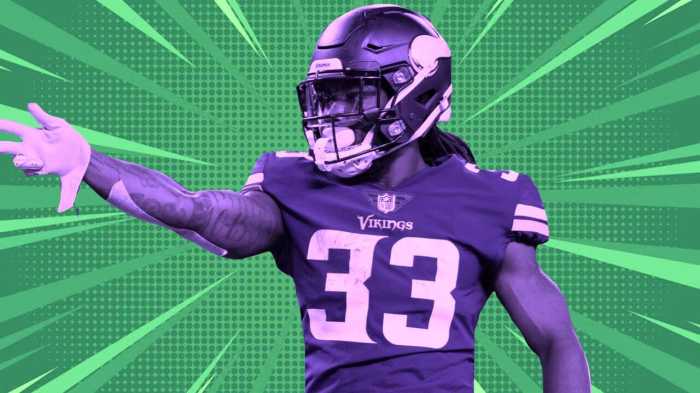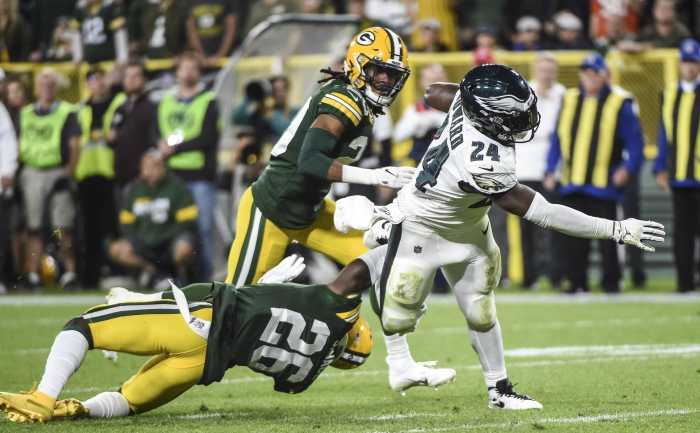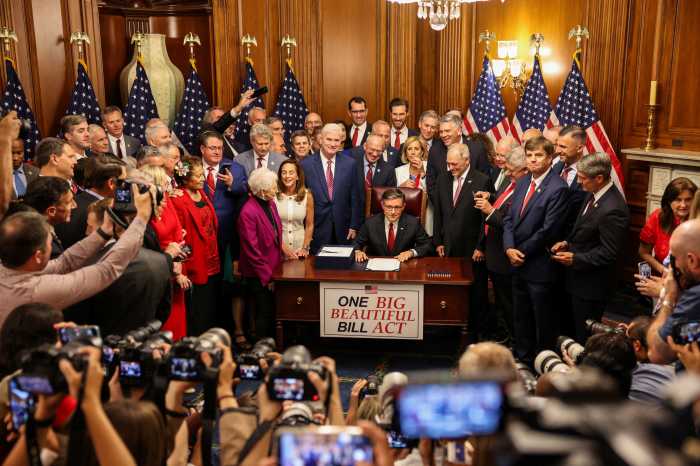Restructure
The last article included a full break down of the money Philadelphia can save by restructuring a few major contracts. While the full analysis won’t be included here, feel free to check it out using the previous link. The gist of it is as follows (all numbers provided by Spotrac):
The Eagles already have quite a few backloaded contracts on their books and cannot afford to frivolously prorate payments without suffering eventual consequences. That being said, the team could save a maximum of $19.7M by restructuring the contracts of Fletcher Cox, Alshon Jeffery, and Brandon Graham. If the front office is able to convince Nigel Bradham to restructure, that number could jump to $25M. However, a generous portion of Bradham’s $9.8M contract could become dead money if the Eagles decided to move on, which may be the case with the youth movement happening in the linebacking room.
The Eagles won’t save any significant money by restructuring the contracts of Carson Wentz, Jason Kelce or Isaac Seumalo. Kelce is criminally underpaid, Seumalo was a bargain and Carson’s contract doesn’t take a huge leap in pay until 2021. All other viable contracts could put massive stress on next year’s cap space.
The new addition to this section is in regards to the recently extended Brandon Brooks. In a very Howie-like fashion, Brooks’ contract is quite supportive of a future restructure. The Birds could save a maximum of $5.3M next season, which would be prorated over the next 5 years. That would bring the total money saved to a whopping $30.3M. It’s not likely that the final number reaches that tally, but even half that amount — along with the $12.5M saved from letting current players walk — would allow the team to be active in free agency.
Trades
While we will examine a scenario in which the Eagles make a number of drastic offseason moves in the next article, this section will list a few options Howie may have in the way of reasonable trade candidates.
The first on the list is Alshon Jeffery. The team spent a second-round pick on Stanford WR J.J. Arcega-Whiteside, who many tagged as a young Alshon in their pre-draft analysis. It is no secret that the Eagles brought him in to eventually succeed Jeffery. While the rookie hasn’t seen much of the field so far this season, an injury to Alshon in conjunction with some strong practice performances has paved the way for a late-season breakout from the young man.
The chemistry between Carson Wentz and Jeffery has never reached the level of he and Nick Foles, leading some to believe the partnership may simply be a bad fit. There is no doubting the receiver’s talent, but the truth of the matter is he is slowly becoming a lesser part of the offense. A new offensive game plan and some offseason reps could change that, but as it stands it looks as if — at the very least — Alshon will not be extended when his contract expires.
Therefore, the Eagles may look for a willing trade partner. With regards to trading him away, Jeffery absolutely has the talent and pedigree to entice offers from other teams. He can still contribute and may even flourish in an offense that puts him in a central role. The Eagles have an immediate replacement on the roster if they feel JJAW has progressed, and an opportunity to start fresh with WR-QB chemistry. However, financially, the Eagles would actually lose $499,500 by trading Alshon, with a bulk of his salary transferring to dead cap space ($16.1M total). That is something that could be negotiated in the terms of the trade, but it’s unlikely a new team would be willing to completely absorb that debt. Alshon’s contract is an example of how backloading a deal can eventually work to handcuff a team’s options.
The next candidate for trade is linebacker Nigel Bradham. Similar to Jeffery, there is no denying Bradham’s talent, but he is slowly showing signs of aging and may eventually be phased out of the defense. The decision to trade him will have much more to do with how the Birds feel about their young crop of ‘backers. To start the season, Bradham was a staple of the defense, but being sidelined due to injury prompted the Eagles to look for solutions elsewhere on the roster. With the arrival of rookie T.J. Edwards and trust starting to build with third-year player Nathan Gerry, the team may feel that Bradham is expendable.
The team could save $4.5M next season by shipping him away, but they would incur $5.3M of dead cap. For a trade to happen, the Eagles would have to opt in to Bradham’s current contract, which begs the question why they would bring him back only to trade him away.
There are some other trade candidates on the roster tied to less exorbitant figures attached to their contracts. The team could save $1.3M by trading Sidney Jones (with $631,380 in dead cap). The figures would be the same if the front office decided to cut the young corner, without the added bonus of players or picks in return. His future with the Eagles seems to be nearing the end, but another team may be willing to take a chance on his first-round pedigree.
The team could also save $626,802 by trading or cutting Matt Pryor (with $66,393 in dead cap). Pryor has a fantastic physical profile, but he hasn’t done enough to challenge for a backup position. With Jordan Mailata progressing quickly and Andre Dillard being added to the mix, Pryor could be the odd man out. Alternatively, the Eagles could move Mailata, who would save the Birds slightly less and would cause a slightly smaller cap hit. Ultimately, Mailata has been the better prospect and is owed less money.
Mandatory Credit: Bill Streicher-USA TODAY Sports





























